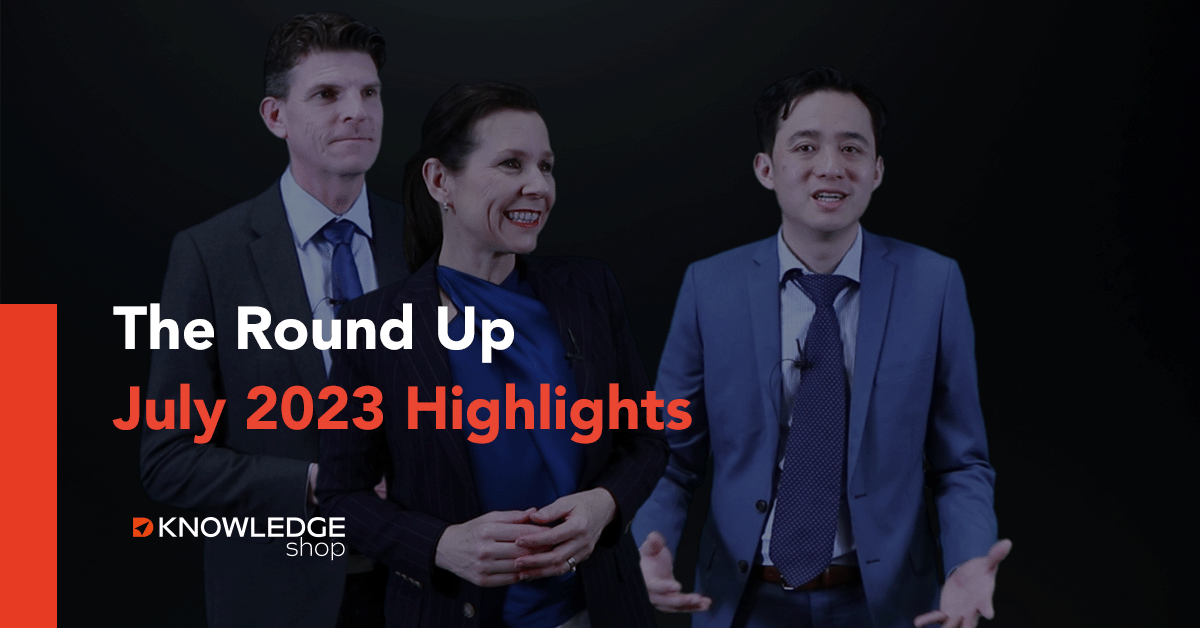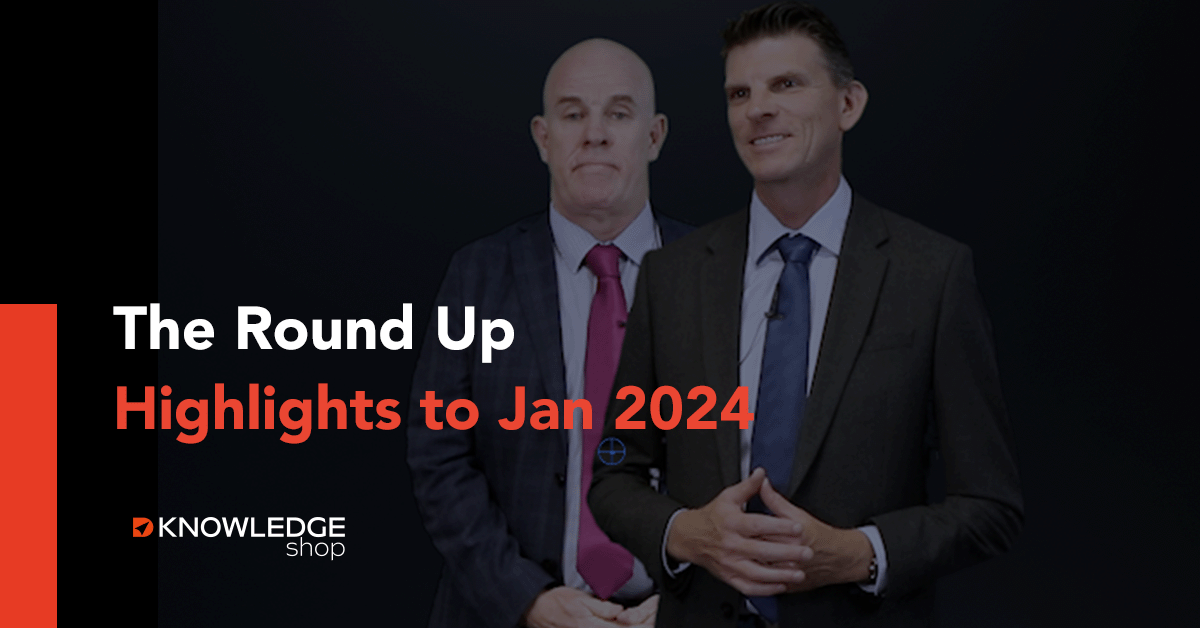Oct 2022 Round Up - the ATOs 180 degree turn on taxing fame
While the 2022-23 Budget 2.0 was underwhelming from a policy perspective, shuffling funding for election commitments and existing announcements, there were a few areas of interest. These included the statement that the Government will not progress with the announcement to enable the self assessment of intangible assets, the tightening of the integrity rules for multi-nationals (thin cap and deductions for intangibles), and the change to the taxation of off-market share buy-backs by listed companies.
Also of interest is the long-awaited draft determination on the taxation of income generated from the “fame and image” of individuals such as celebrities and sportspeople. This draft determination is a 180 degree u-turn the views of the draft practical compliance guideline that was withdrawn in 2017.
Finally, the residency rules for individuals. We explore the new draft ruling.
Inside this month Michael Carruthers (Tax Director), Matthew Tse (Tax Adviser), and Lisa Armstrong (Managing Director) bring you:
2022-23 Budget highlights – off-market share buy-backs by listed companies, self assessment of intangible assets, the measures targeting multinationals, and the measures we’re still waiting to see.
Individual tax residency – a new draft ruling consolidates and replaces previous guidance on Australia’s domestic individual residency tests (TR 2022/D2).
The new draft ruling explains some of the key concepts that are relevant to Australia’s domestic individual residency tests that have been the focus of recent court cases, in particular the decisions in the Harding and Addy cases.
One of the key points made in the draft ruling is that each case depends on all the circumstances of the taxpayer involved, and that similar factual circumstances will not always have the same result. Factors such as the taxpayer’s intentions, motivations and life circumstances may end up producing different outcomes. The draft ruling contains a number of examples that demonstrate how the ATO is likely to apply the residency tests to common scenarios.
While there are four residency tests that need to be considered when determining an individual’s residency status, the ATO indicates that certain tests will be more relevant in some instances:
- The ordinary resides test is generally relevant when a taxpayer is physically present in Australia and considers residency according to ordinary concepts.
- The domicile test is generally relevant if a taxpayer has been living in Australia but is not currently present in Australia, or if they are present only intermittently during the income year in issue. The domicile test considers whether your domicile is in Australian and whether your permanent place of abode is outside Australia.
- The 183-day test is generally relevant if a taxpayer was not previously a resident and entered Australia during the income year. This test considers the length of stay in Australia, the taxpayer’s usual place of abode and their intention to take up residency in Australia.
The draft ruling confirms that it is possible for an individual to be treated as a resident for only part of an income year if there is a significant change in their circumstances part-way through the year.
As international borders have largely reopened and clients have started travelling again this is an area that many practitioners will need to consider for their clients. The draft ruling should prove to be a useful resource when considering residency issues given it considers more modern work and family arrangements than the older rulings.
Taxation of fame and image – remember my name (everyone now), fame! TD 2022/D3 is a 180 degree reversal of the ATO’s previous and now withdrawn position on the taxation of income generated from the “fame and image” of individuals such as celebrities and sportspeople.
In the past, many individuals have sought to enter arrangements where they would transfer the rights to the use of their name, image, likeness, identity, reputation etc., to a related entity such as a company or trust on the basis that the income derived from these rights could be assessed in the hands of the related entity rather than the individual. Back in 2017, the ATO issued a draft practical compliance guideline which basically set out a 10% safe harbour threshold that could potentially be adopted in situations like this.
However, the ATO withdrew its guidance in this area and we have been waiting for confirmation on how the ATO plans to approach this area.
This draft determination explains that such arrangements are not valid from a legal perspective. This is because an individual with fame has no property in that fame, so it is not possible to transfer any interest in their fame to another entity. The result is that any income derived in connection with an individual’s fame should be recognised as ordinary income of the individual rather than being treated as income of a related entity. In that case, the related entity is receiving an amount that is being applied or dealt with on the individual's behalf.
The ATO indicates that the tax outcome can potentially be different in cases where the individual is engaged to provide services to the related entity. For example, an individual with fame may be engaged by a related entity to attend product launches and promotional events for a third party. In these circumstances, contractual payments by the third party to the related entity can be assessable to the related entity. However, both the PSI rules and the general anti-avoidance rules in Part IVA would still need to be considered. The ATO’s general position in this area is that income relating to the personal services of an individual should ultimately be taxed in the hands of that individual.
The ATO indicates that it will not devote compliance resources to apply the views expressed in the draft determination in connection with income derived before 1 July 2023 from arrangements that are consistent with the principles outlined in PCG 2017/D11 and which were entered into before the release of the draft determination.
Change is a constant for the profession. The Knowledge Shop membership can help you and your team keep ahead of change with an advisers' help desk, workpaper knowledge base, quarterly PD, and more - wherever you are and however you are working. Book in a time for a tour or call Jasmine on 1300 378 950.
Enjoy!
Share this
You May Also Like
These Related Stories

July 2023 Round Up - Simplifying the tax residency rules

June 2025 Round Up | FBT issues for dual capacity individuals and new luxury car limits


No Comments Yet
Let us know what you think